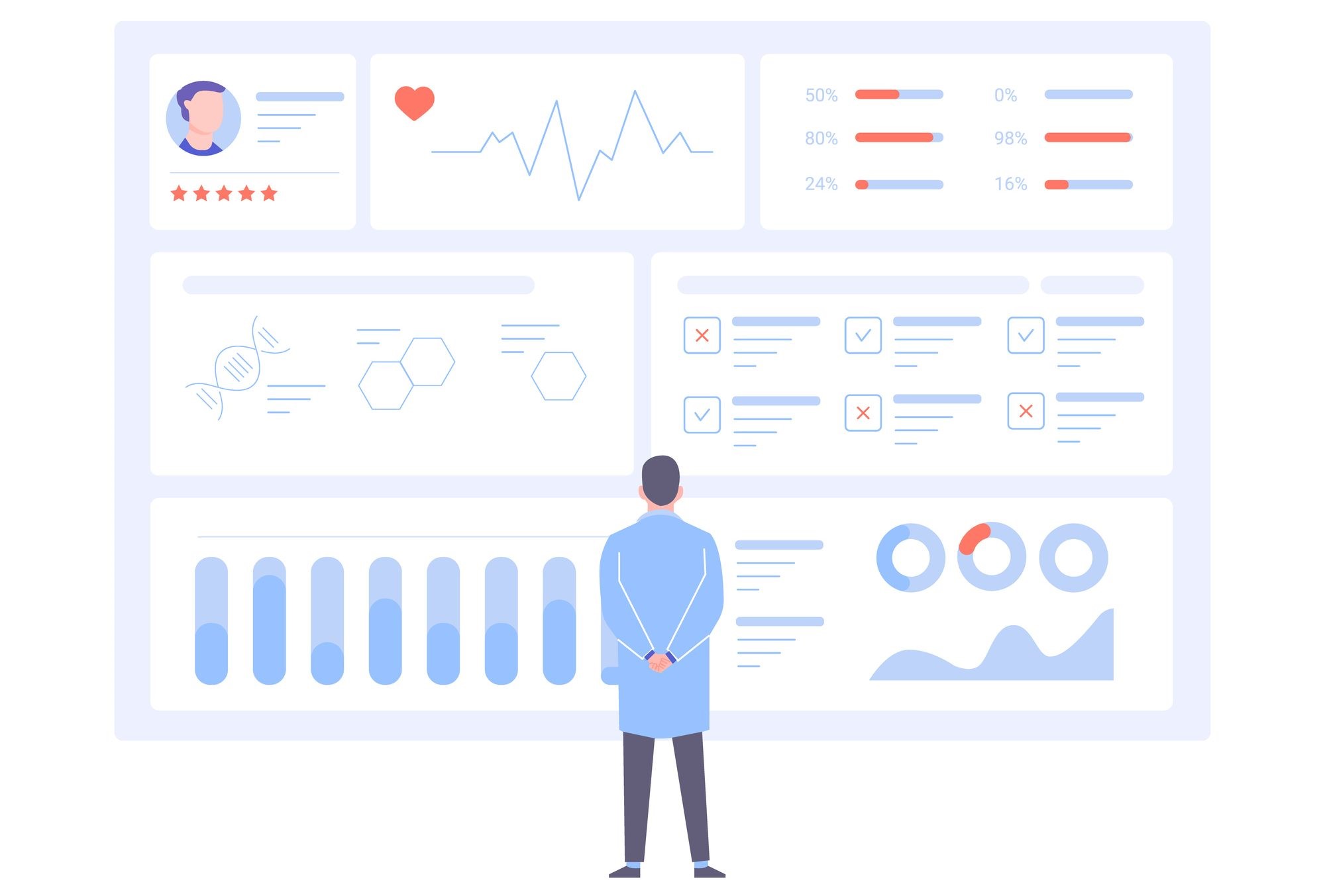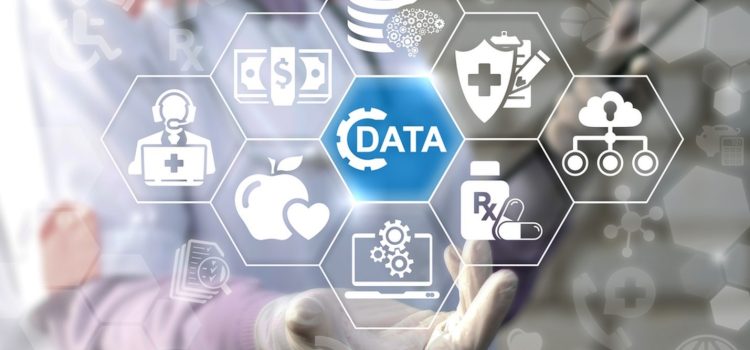
The advent of Big Data has revolutionized numerous sectors, and healthcare is no exception. The integration of Big Data in healthcare has opened new avenues for research, diagnosis, treatment, and patient care. This article delves into the transformative role of Big Data in advancing healthcare research, highlighting its applications, benefits, and future potential.
Understanding Big Data in Healthcare
Big Data refers to the vast volumes of data generated at high velocity from a variety of sources. In healthcare, this includes electronic health records (EHRs), medical imaging, genomic sequencing, wearable devices, social media, and even environmental data. The sheer volume and variety of this data require advanced tools and technologies for storage, processing, and analysis. By leveraging Big Data, healthcare professionals can gain deeper insights into patient care, disease patterns, and treatment efficacy.
Applications of Big Data in Healthcare Research
1. Predictive Analytics and Personalized Medicine
One of the most promising applications of Big Data in healthcare is predictive analytics. By analyzing historical and real-time data, predictive models can forecast disease outbreaks, patient admissions, and treatment outcomes. This capability is crucial for personalized medicine, where treatments are tailored to individual patients based on their genetic makeup, lifestyle, and health history.
For instance, Big Data analytics can identify patients at risk of developing chronic diseases such as diabetes or heart disease, enabling early intervention and personalized treatment plans. This not only improves patient outcomes but also reduces healthcare costs by preventing disease progression and complications.
2. Genomic Research
The field of genomics has greatly benefited from Big Data. The Human Genome Project, which mapped the entire human genome, generated massive amounts of data that have since been used to understand genetic variations and their links to diseases. Today, Big Data technologies enable researchers to analyze genomic data at an unprecedented scale, leading to breakthroughs in understanding genetic disorders and developing targeted therapies.
3. Drug Discovery and Development
The traditional drug discovery process is time-consuming and expensive. Big Data is streamlining this process by enabling researchers to analyze vast datasets from clinical trials, patient records, and scientific literature. Machine learning algorithms can identify potential drug candidates, predict their efficacy, and even foresee possible side effects. This accelerates the development of new drugs and reduces the likelihood of costly failures in later stages of clinical trials.
4. Population Health Management
Big Data is instrumental in managing the health of populations by identifying trends, risk factors, and health disparities. Public health officials can use data from various sources, such as EHRs, social media, and environmental sensors, to monitor and respond to health threats. For example, during the COVID-19 pandemic, Big Data analytics played a crucial role in tracking the spread of the virus, predicting hotspots, and allocating resources effectively.
5. Operational Efficiency
Healthcare facilities generate a tremendous amount of operational data, from patient admissions to supply chain logistics. Analyzing this data can uncover inefficiencies and optimize resource allocation. For instance, predictive analytics can forecast patient admission rates, allowing hospitals to manage staff schedules and bed availability more effectively. This not only enhances patient care but also reduces operational costs.

Benefits of Big Data in Healthcare Research
1. Improved Patient Outcomes
By harnessing Big Data, healthcare providers can offer more accurate diagnoses, personalized treatments, and proactive care. This leads to better patient outcomes, reduced hospital readmissions, and improved quality of life.
2. Cost Reduction
Big Data helps identify inefficiencies and areas for cost savings. Predictive analytics can prevent costly complications by enabling early intervention, while operational analytics optimize resource use. This results in significant cost reductions for healthcare providers and patients alike.
3. Accelerated Research and Innovation
Big Data accelerates the pace of medical research by providing researchers with the tools to analyze vast datasets quickly and accurately. This leads to faster discoveries, more efficient clinical trials, and the development of innovative treatments and therapies.
4. Enhanced Public Health Surveillance
Big Data enables real-time monitoring of public health, allowing for rapid response to emerging health threats. This is particularly important in managing pandemics, tracking disease outbreaks, and addressing health disparities in different populations.
Challenges and Considerations
While the benefits of Big Data in healthcare are substantial, there are also challenges and considerations to address.
1. Data Privacy and Security
Healthcare data is highly sensitive, and ensuring its privacy and security is paramount. The increasing use of Big Data raises concerns about data breaches and unauthorized access. Robust encryption, access controls, and compliance with regulations such as the Health Insurance Portability and Accountability Act (HIPAA) are essential to protect patient data.
2. Data Integration and Interoperability
Healthcare data comes from diverse sources and formats, making integration and interoperability challenging. Standardizing data formats and developing interoperable systems are crucial for seamless data exchange and analysis.
3. Data Quality and Accuracy
The accuracy and quality of data are critical for reliable analysis and decision-making. Incomplete, outdated, or inaccurate data can lead to erroneous conclusions and potentially harmful outcomes. Implementing rigorous data validation and cleansing processes is essential to ensure data integrity.
4. Ethical Considerations
The use of Big Data in healthcare raises ethical questions related to consent, bias, and fairness. Ensuring that data is used ethically and transparently, with patients’ informed consent, is vital. Additionally, addressing biases in data and algorithms is crucial to avoid perpetuating health disparities.
The Future of Big Data in Healthcare
The future of Big Data in healthcare looks promising, with advancements in artificial intelligence, machine learning, and data analytics poised to drive further innovation. Emerging technologies such as blockchain may enhance data security and interoperability, while the Internet of Things (IoT) will generate even more data from connected health devices.
As Big Data continues to evolve, its integration into healthcare research will become increasingly sophisticated, leading to more precise and personalized treatments, improved public health outcomes, and a more efficient healthcare system.
Conclusion
Big Data is playing a pivotal role in advancing healthcare research, offering unprecedented insights and opportunities for improving patient care, accelerating medical research, and enhancing public health. While challenges remain, the continued development and ethical use of Big Data technologies hold the promise of a healthier and more efficient future for healthcare. By embracing Big Data, the healthcare industry can unlock new frontiers in medical science and deliver better outcomes for patients worldwide.








